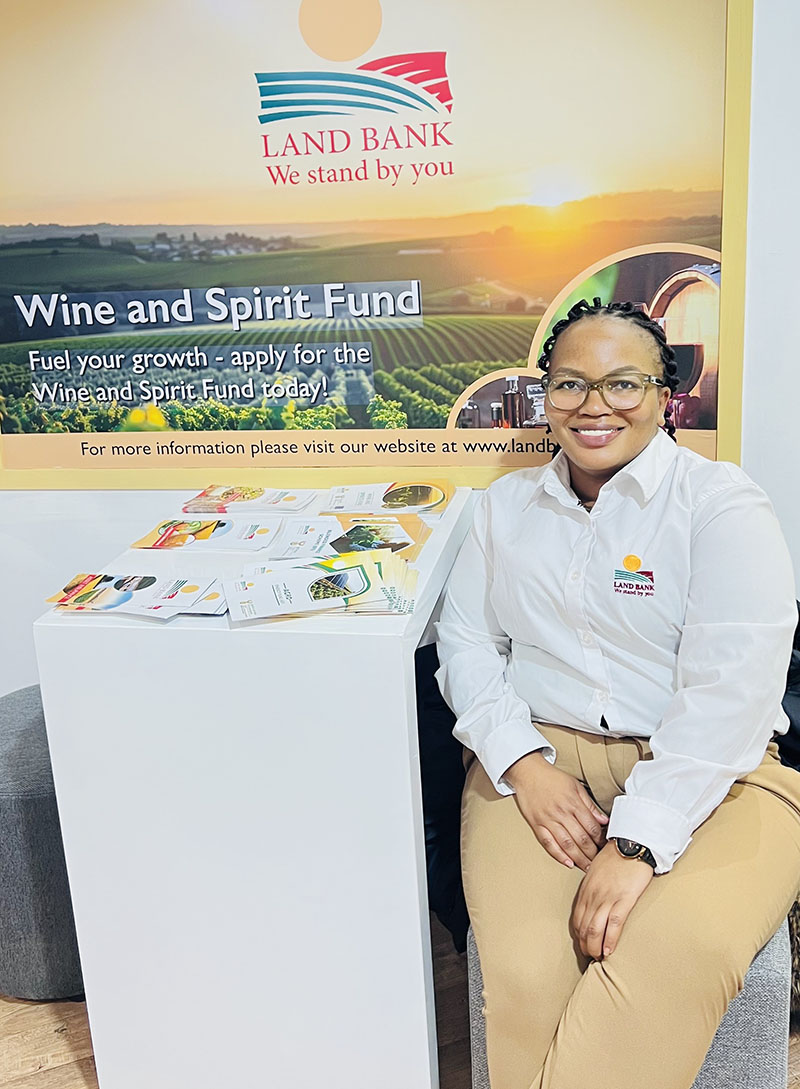Agriculture, a sector highly vulnerable to climate change, relies heavily on credit to invest in modern technology for efficiency and production. Despite this, many smallholder farmers in South Africa remain excluded from commercial bank loans, even though they make up a significant portion of the farming population.
A study titled “Access to bank credit for South African smallholder farmers: A credit risk modelling”, led by Dr Nomonde Jonas – a PhD graduate from the North-West University (NWU) – examined the factors that influence credit accessibility, intending to develop a predictive credit-risk model.
The research was conducted in KwaZulu-Natal and Mpumalanga among members of the South African Farmers Development Association.
The study surveyed 223 smallholder farmers. Of these, 62 had applied for a credit facility, and only 11 had received approval. The findings showed that male respondents made up 71,75% of the applicants, with an average farm size of 11,15 hectares. The average age was 49 years, with eight years of schooling and 18 years of farming experience.
Logistic regression analysis identified age, gender, education level, farm size and off-farm income as significant factors in credit accessibility. Logistic regression and lasso logistic regression were also used to generate loan outcome models, which led to the development of a credit scorecard.
“Credit accessibility has a measurable impact on cultivated area and farm income,” Dr Jonas said, referring to results from propensity score matching.
She explained that the heavy reliance of commercial banks on land as security excluded many smallholder farmers, who often operate on communal land with only permits to occupy. “The distinction between the model and the traditional models of commercial banks was the low contribution of farm ownership, which could increase the inclusion of smallholder farmers in financial access,” she said.
The findings aligned with existing studies showing that land ownership should not determine credit availability. According to Dr Jonas, the propensity score matching models further illustrated that credit access increased farm ownership, farm size and farmer income.
On policy recommendations, Dr Jonas emphasised the need to redefine the roles of commercial banks, the Department of Agriculture, Land Reform and Rural Development, extensionists and co-operatives.
“South African commercial banks are sophisticated and highly regulated. Without putting the bank at risk of reckless lending, agricultural bankers should have a reasonable sales target for smallholder farmers to promote credit inclusion. Bankers who meet this target should be acknowledged and rewarded,” she said.
She further suggested that financial institutions adopt tailored credit assessment platforms designed for smallholder farmers. Training sessions on record-keeping and cash-flow projections can also help prepare farmers for successful loan applications.
“In cases where smallholders have business transactional accounts, banks should consider financing short-term production facilities through automated scoring systems that take into account conduct, income and credit history,” she explained. She added that other collateral options, such as cession of crops or income, could also be considered.
Dr Jonas pointed to international practices where agricultural departments collaborate with banks on blended finance. She recommended that the Department of Agriculture, Land Reform and Rural Development diversify its blended finance scheme to include commercial banks and employ bankers committed to developmental agriculture.
She also urged the department to equip extensionists with training on credit assessment and to partner with cooperatives such as the BKB Group, Obaro Retail Pty Ltd, Transvaal Wattle Growers and VKB Beleggings (Pty) Ltd to provide short-term production facilities at favourable rates.
“Without a revision of credit assessment tools, credit inclusion will remain limited, and this can affect economic growth and poverty alleviation through food security and employment,” Dr Jonas concluded.

A study led by Dr Nomonde Jonas calls for revised credit assessment models and stronger collaboration to improve financial inclusion.
